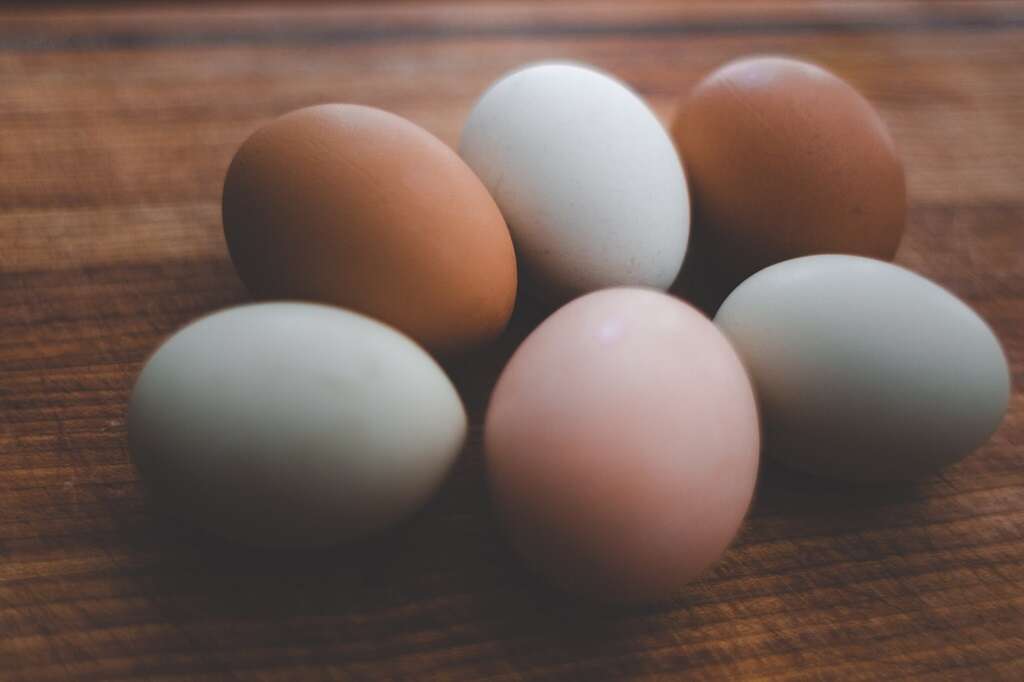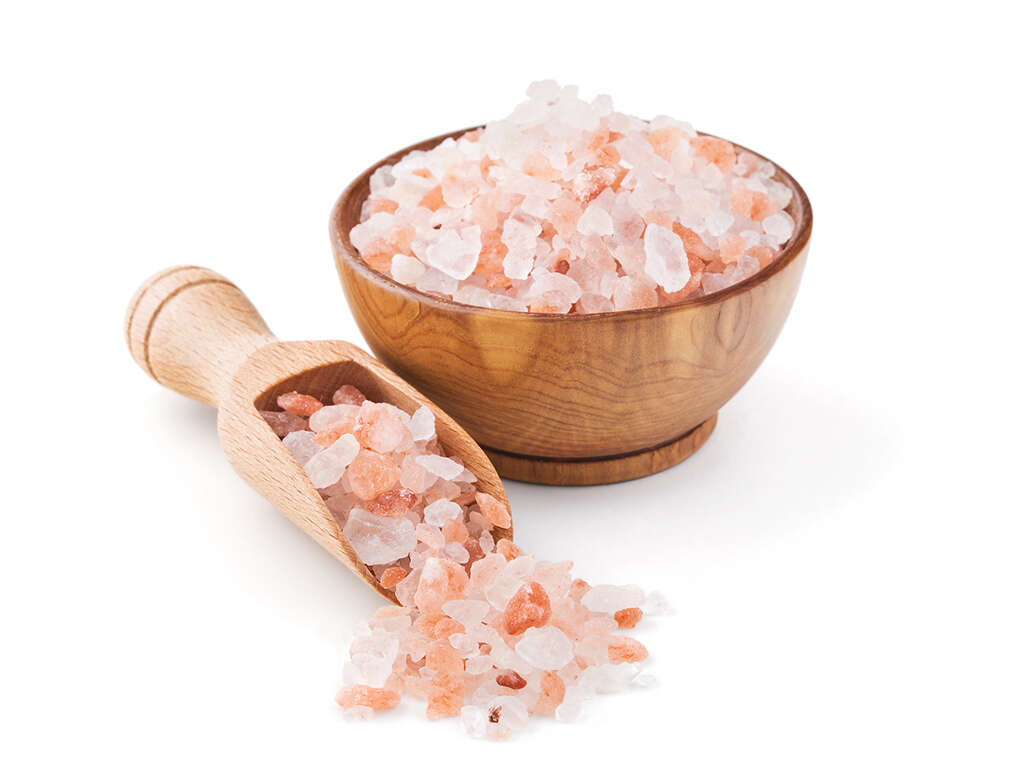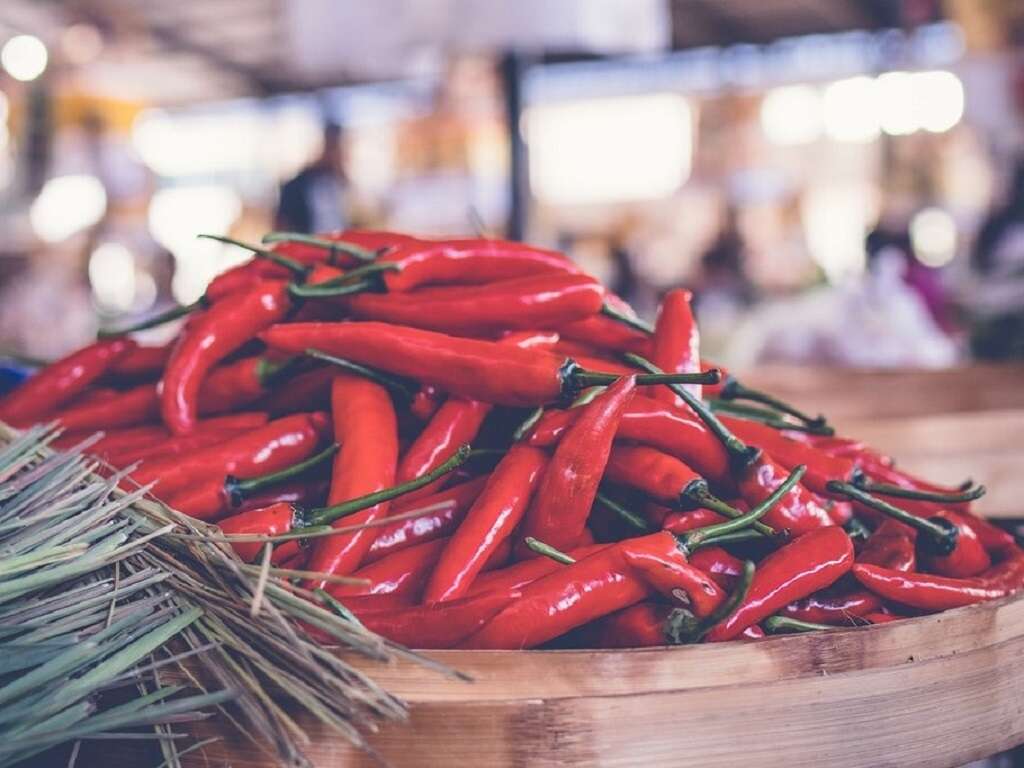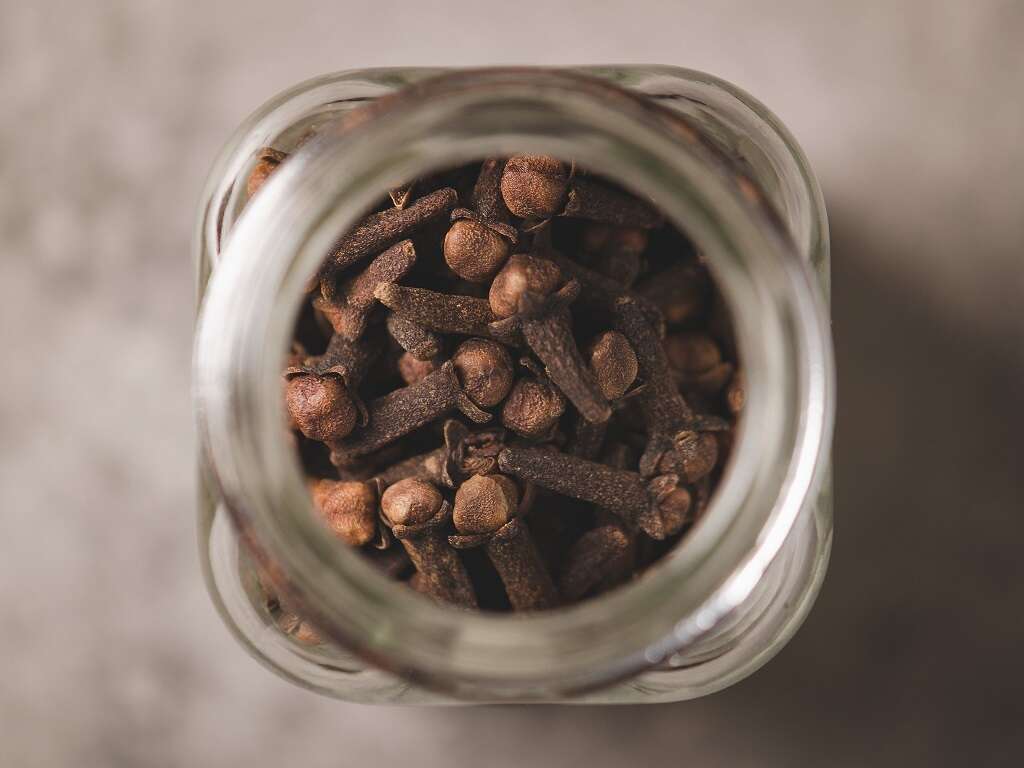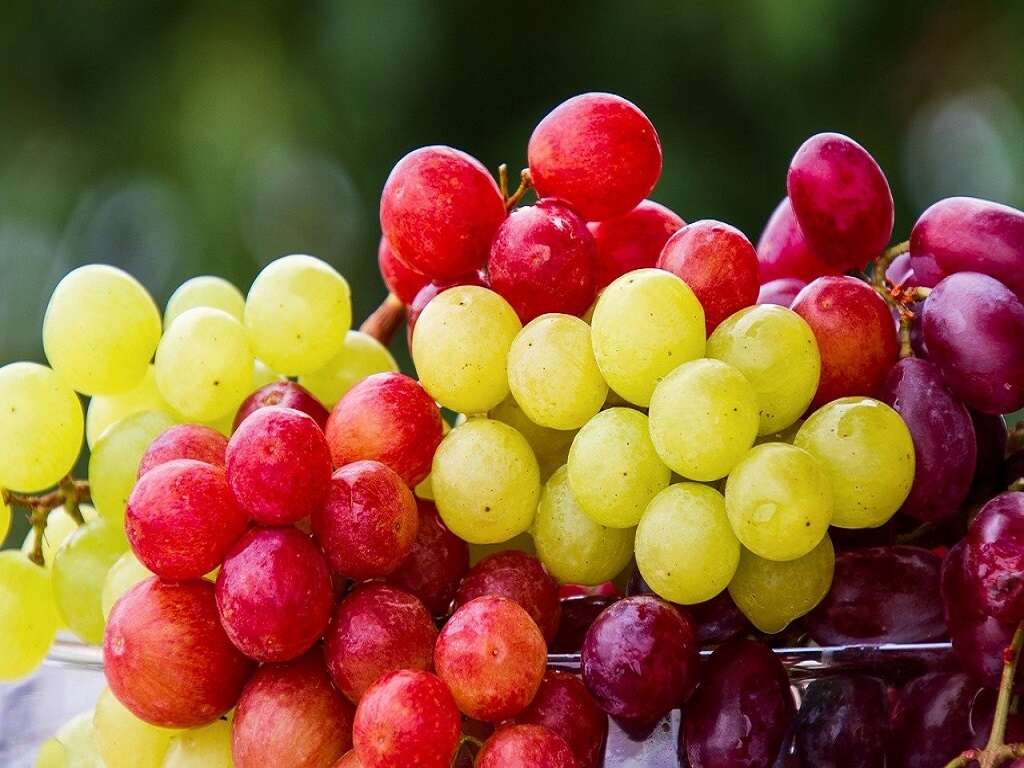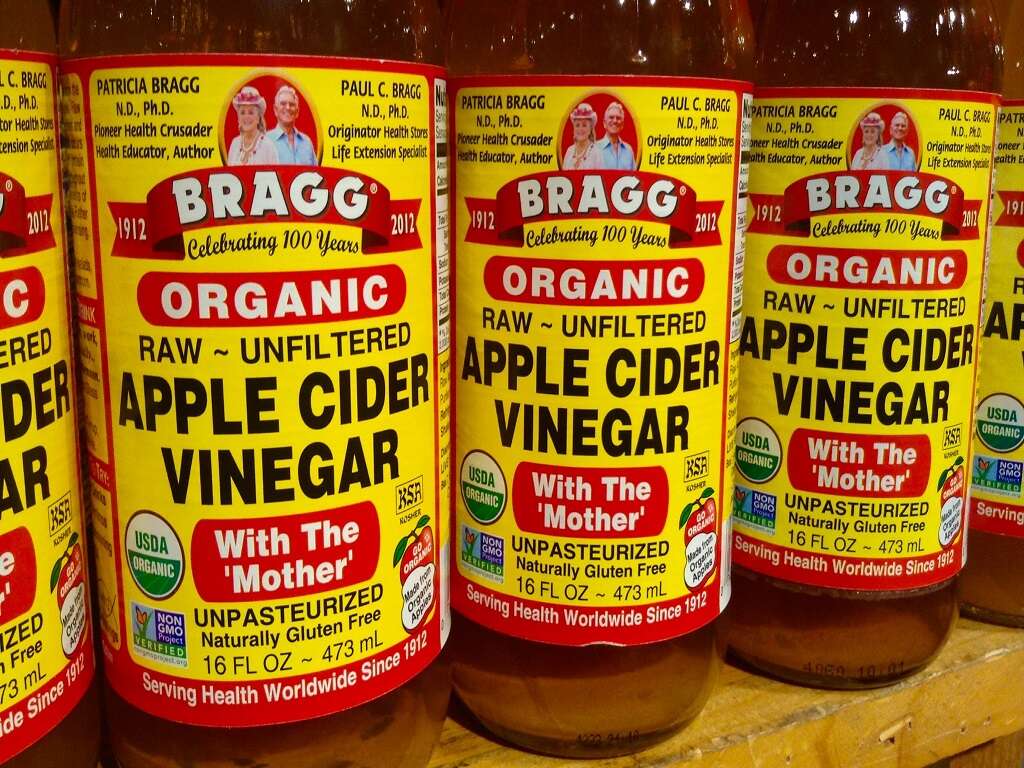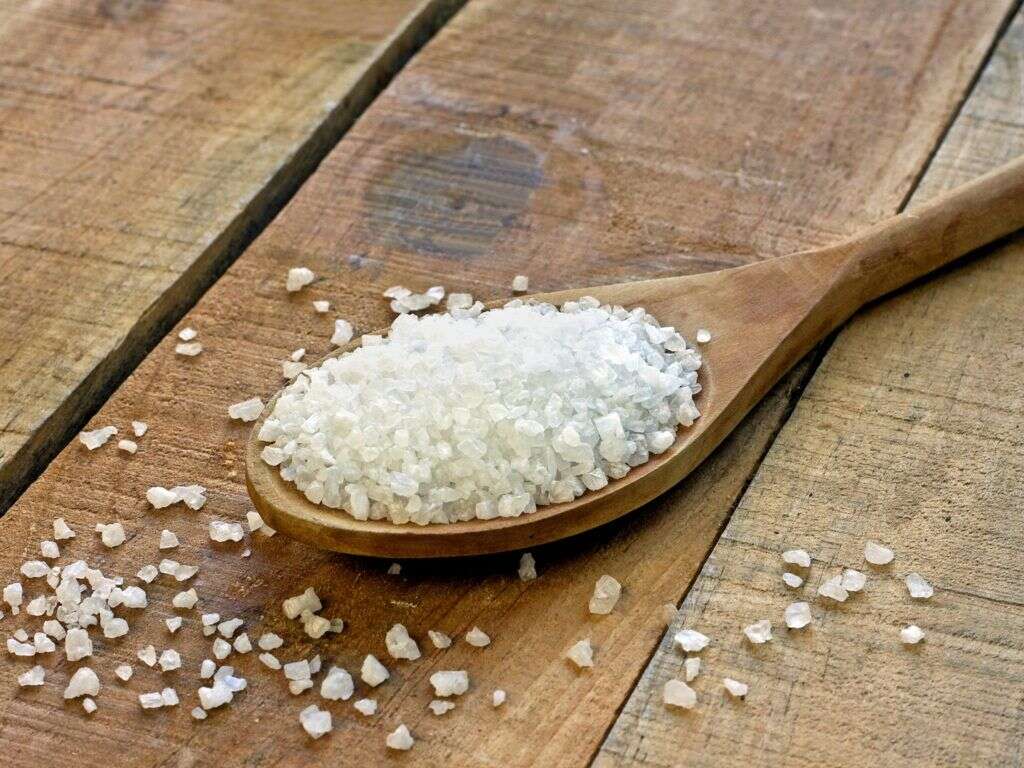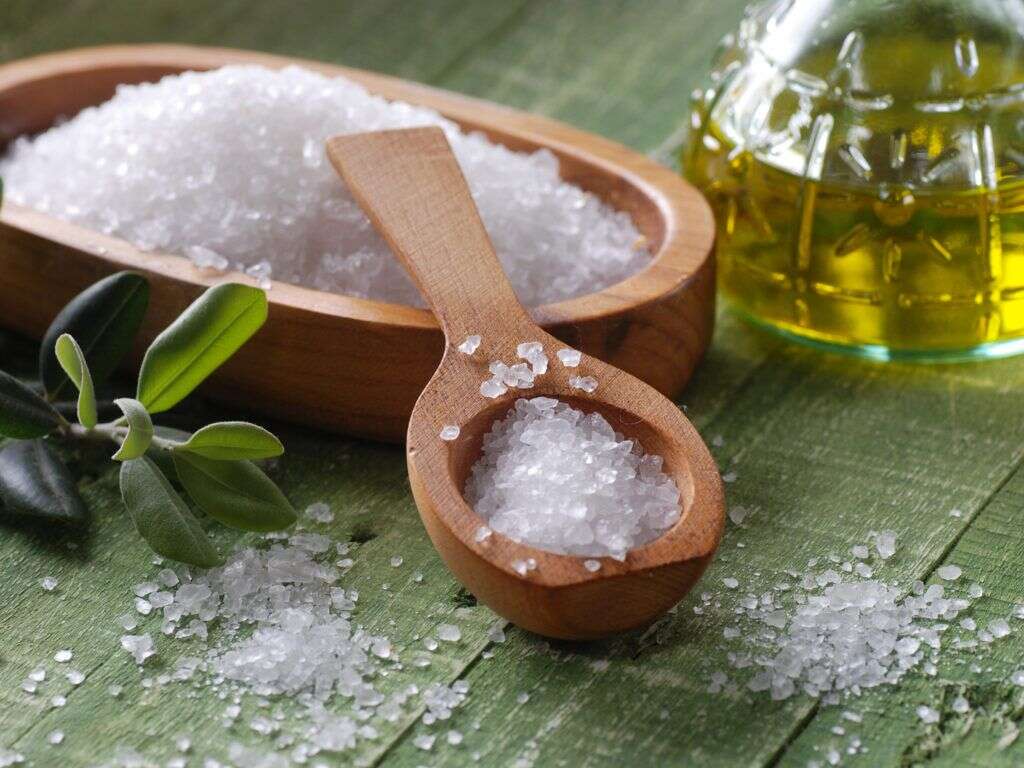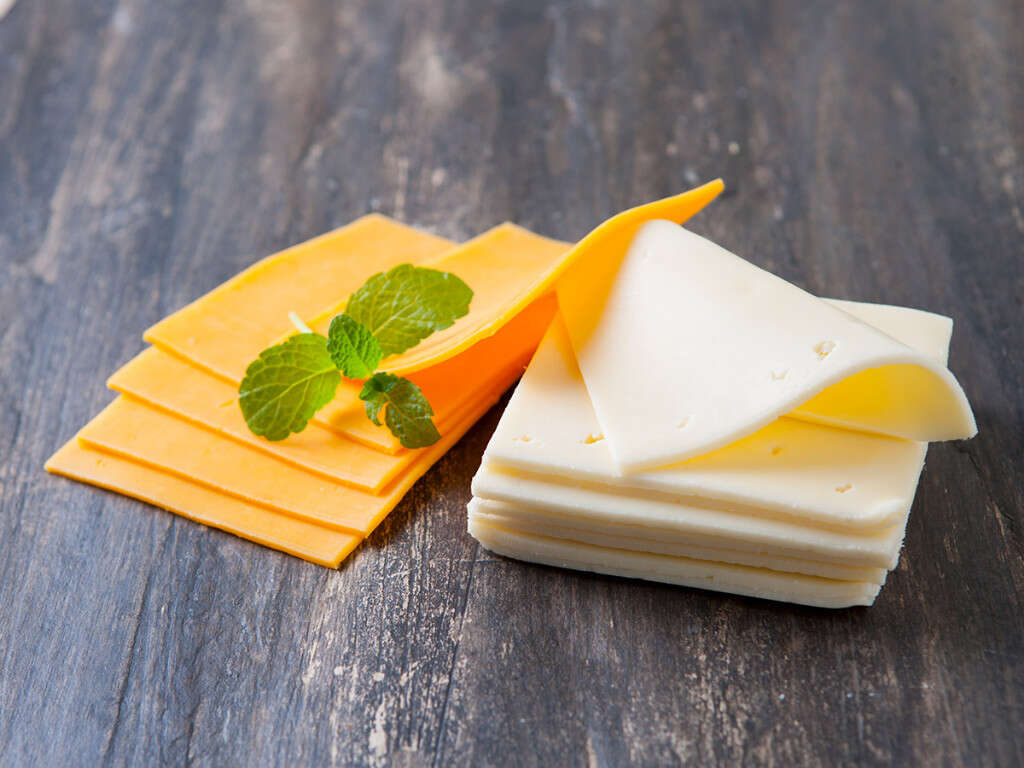10 Iodine Rich Foods
 Article Sources
Article Sources
- 1. 'Iodine in Diet: MedlinePlus Medical Encyclopedia' MedlinePlus, U.S. National Library of Medicine, medlineplus.gov/ency/article/002421.htm
- 2. Gunnarsdottir, Ingibjörg, et al. 'Iodine Intake and Status in Iceland through a Period of 60 Years.' Food & Nutrition Research, CoAction Publishing, 27 May 2009, www.ncbi.nlm.nih.gov/pmc/articles/PMC2691155/
- 3. Yeh, Tai Sheng, et al. 'Analysis of Iodine Content in Seaweed by GC-ECD and Estimation of Iodine Intake.' Journal of Food and Drug Analysis, No Longer Published by Elsevier, 17 Feb. 2014, www.sciencedirect.com/science/article/pii/S1021949814000155
- 4. 'Office of Dietary Supplements - Iodine.' NIH Office of Dietary Supplements, U.S. Department of Health and Human Services, ods.od.nih.gov/factsheets/Iodine-HealthProfessional/
- 5. 'Office of Dietary Supplements - Iodine.' NIH Office of Dietary Supplements, U.S. Department of Health and Human Services, ods.od.nih.gov/factsheets/Iodine-Consumer/
- 6. Aquaron R;Delange F;Marchal P;Lognoné V;Ninane L; 'Bioavailability of Seaweed Iodine in Human Beings.' Cellular and Molecular Biology (Noisy-Le-Grand, France), U.S. National Library of Medicine, pubmed.ncbi.nlm.nih.gov/12146713/
Eggs
Animals and their byproducts contain iodine, and eggs are no exception. Most of the iodine found in eggs is found in their yolks, absorbed by the egg from the iodine added to the chickens' feed. However, since iodine content in chicken feed can vary, the amount found in eggs will also fluctuate.
One hard-boiled egg typically provides about 26 mcg of iodine and is also a wonderful source of healthy fats, protein and a wide variety of minerals and vitamins.
Advertisement
